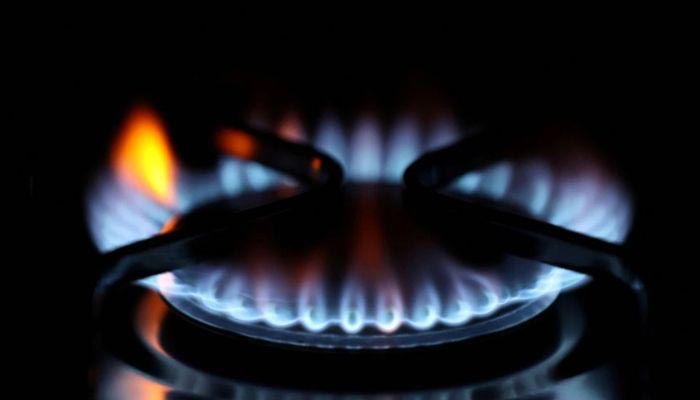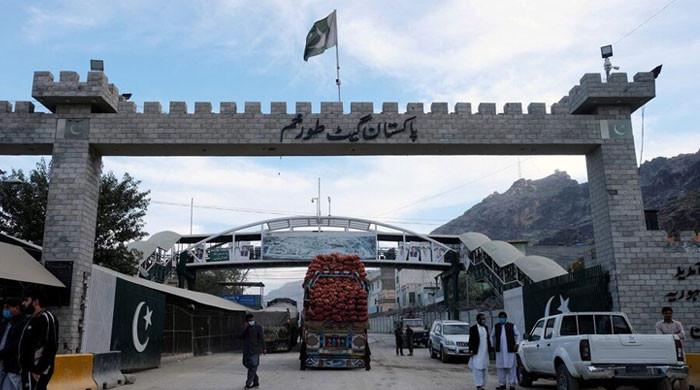Gas crisis to aggravate as supplier refuses to deliver LNG cargo
Relevant authorities say next month's projected supply of 325mmcfd to the power sector will not be available
January 23, 2023

- ENI to not deliver February's cargo purchased at cost of 12.14%.
- This will result in reduced supplies to power sector.
- End consumers to get costly electricity.
ISLAMABAD: Pakistan is expected to witness an aggravating gas crisis in February as an Italy-based LNG trading company, ENI, intimated that it will not be able to deliver its term LNG cargo due on February 6-7 by claiming the force majeure, The News reported Monday citing a senior official of the Energy Ministry.
“The gas deficit will soar as imported LNG will reduce to 700mmcfd as only five cargoes, at the price of 13.37% of Brent, and 2 cargoes, at 10.2% of Brent under GtG agreements with Qatar, would be available in February. There will be no LNG cargo from ENI at the cost of 12.14% in the month of February. And this will increase the gas crisis in the country.”
The news has disturbed the top mandarins of the Petroleum Division as the country is already facing an acute gas crisis. The crisis has been affecting domestic users in some main cities, with little to no pressure.
The government under its gas load management plan promised gas supply to domestic consumers for cooking times in winter — three hours in the morning from 6am to 9am, two hours from 12 noon to 2pm for lunch, and three hours from 6pm to 9pm for dinner. The ground realities speak otherwise.
Relevant authorities say the impact of ENI backing out will come in the shape of reduced supplies to the power sector and the projected supply of 325mmcfd to the sector next month will not be available.
The reliance on furnace oil-based electricity will increase and end consumers will get costly electricity. The captive power plants will be supplied gas at 50% and supply to fertiliser plants, compressed natural gas (CNG) and local industry shall remain discontinued.
Earlier, the Petroleum Division had claimed that the ENI from January 2023 onward will not default but that is not the case.
When contacted, ENI spokesperson also confirmed the development, saying: “February delivery disruption is beyond the reasonable control of ENI and due to an event of Force Majeure. ENI does not benefit in any way from the situation.”
According to the senior official, ENI defaulted five times in 2022; it failed to provide LNG cargoes in the months of March, May, July, September, and November.











